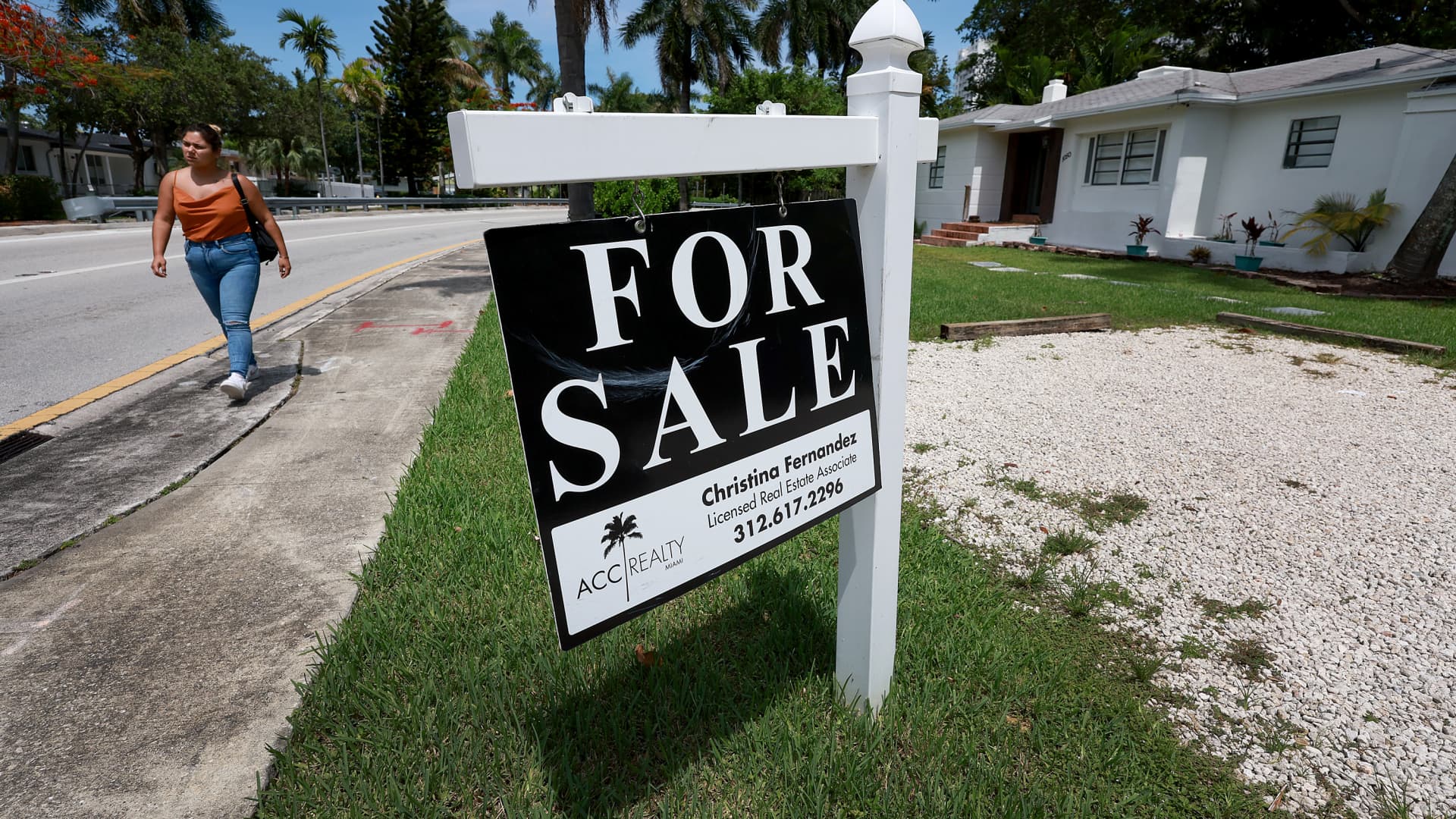FEMA Rule Gives Investors An Opportunity To Swoop In On Florida Real Estate

The devastation wrought by Hurricane Ian could be an opportunity for real estate investors because of a federal disaster rule that victims are just starting to become aware of.
Homeowners along Florida’s Gulf Coast whose homes were damaged and destroyed by the storm are subject to the Federal Emergency Management Agency’s (FEMA) Substantial Damages and Substantial Improvements rule, also known as the FEMA 50% rule. The rule also applies to commercial property.
According to the FEMA 50% rule, if any repairs or renovation to the home are estimated to cost more than 50% of its value, the owner is required to bring the structure into compliance with flood damage prevention regulations. The home can’t be insured unless this is done.
“Bringing homes up to FEMA’s flood code requires a significant financial investment into the home,” said Zahra Antaramian, field operations director at real estate management company ADG4 in Naples, Florida. Most of these people do not have the money required to do that. They are forced into selling the home. In that case, investors are really the only option because the home is a total loss — it’s a teardown.”
Hurricane Ian destroyed or caused major damage to at least 11,000 Florida homes — a number that’s expected to increase as residential assessments continue, according to the American Red Cross.
Many of the homes in Florida’s Fort Myers Beach and Sanibel Island built during the 1970 and 1980s in low-lying areas suffered major damage or were completely destroyed.
Favorable Tax Laws
While the FEMA 50% rule is one reason investors may be interested in Florida now, the Sunshine State has always been attractive because of the favorable tax environment, Antaramian said.
People who work in Florida don’t pay a state income tax, which creates a large demand for housing as people flock from other states to avoid turning over a percentage of their earnings to the government.
Florida also does not tax income generated by investments, including real estate and rent income, although the first six months of rental income is taxed at Florida’s 6% sales tax rate.
In addition to the FEMA 50% rule, homeowners who want to rebuild must adhere to Florida’s stringent building codes, which were put into place after Hurricane Andrew destroyed tens of thousands of homes near Miami in 1992.
“To build to new Florida building code is very expensive,” Antaramian said. “Commercial owners want out as well. Multifamily buildings don’t want to have to deal with it.
“The FEMA 50% rule will bring a lot of opportunity for investors. It’s an opportunity for investors to change the landscape of an area that’s been holding strong for 50 years.”
If you want to invest in real estate but aren’t ready to buy and renovate damaged Florida homes, Benzinga has other options for you. You can even invest in rental properties with as little as $100 and we’ll show you how.
Don’t miss real-time alerts on your stocks – join Benzinga Pro for free! Try the tool that will help you invest smarter, faster, and better.
© 2022 Benzinga.com. Benzinga does not provide investment advice. All rights reserved.


